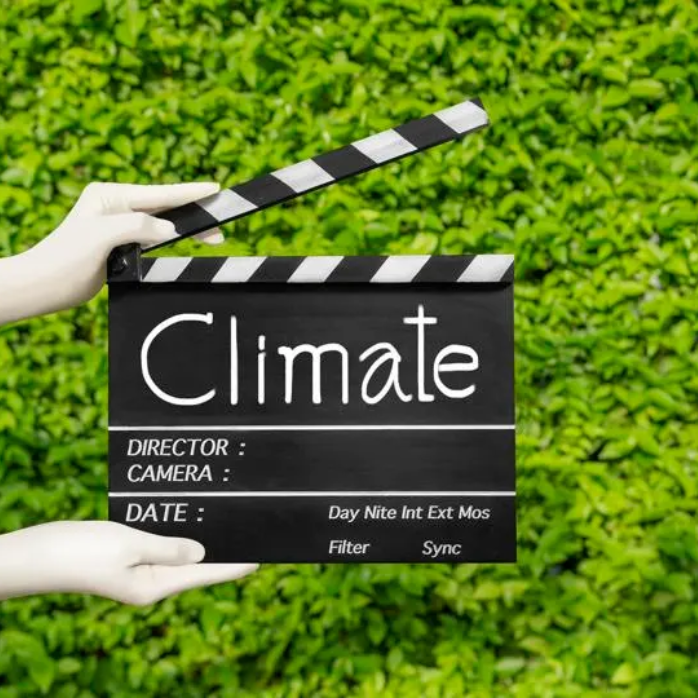Using culture for climate action
Culture plays a significant role in shaping people’s beliefs, attitudes, and behaviours.

Using culture for climate action?
What do I mean by culture? For some it is the performing arts, for some it it a shared community of gamers. But whatever it means for people targeting culture for climate change is essential because culture plays a significant role in shaping people’s beliefs, attitudes, and behaviours.
Climate change is a complex issue that requires collective action and widespread behavioural changes to mitigate its impacts. By focusing on culture, we can effectively address the underlying values, norms, and practices that influence our relationship with the environment and drive unsustainable behaviours.
Values and Beliefs:
Culture encompasses the shared values and beliefs of a society or community. Our values shape our priorities and guide our decision-making processes. By promoting a culture that values environmental sustainability, conservation, and intergenerational equity, we can foster a sense of responsibility and stewardship towards the planet.
Attitudes and Perceptions:
Cultural norms and attitudes heavily influence how we perceive and respond to climate change. By promoting awareness, education, and dialogue within different cultural contexts, we can shape positive attitudes towards climate action. Encouraging a sense of urgency, empathy, and solidarity can motivate individuals and communities to adopt sustainable practices and support climate policies.
Behavioural Change:
Cultural practices and lifestyle choices have a direct impact on greenhouse gas emissions and environmental degradation. For instance, dietary patterns, consumption habits, and transportation choices are deeply rooted in cultural norms. By promoting sustainable alternatives, such as plant-based diets, renewable energy, and eco-friendly transportation options, we can influence behavioural change at a larger scale.
Community Engagement:
Culture plays a vital role in community cohesion and collective action. By leveraging cultural practices, traditions, and social networks, we can mobilize communities to take climate action together. Culturally relevant and inclusive initiatives that integrate local knowledge and traditions can enhance community resilience and empower individuals to contribute to climate solutions.
Art and Storytelling:
Culture and the arts have a powerful influence on public opinion and can shape narratives around climate change. Artists, writers, filmmakers, and performers can communicate the urgency and complexity of the climate crisis, foster emotional connections, and inspire transformative action. Cultural expressions can help bridge gaps, break down barriers, and engage diverse audiences in climate discussions. Using culture and cultural references for climate action messaging is often climate messaging first. Changing the approach to storytelling that includes climate change could have a greater impact.
In summary
Using culture for climate change is crucial because it enables us to address the underlying values, beliefs, attitudes, and behaviours that shape our relationship with the environment. By promoting sustainable cultural practices, fostering positive attitudes, and leveraging community engagement and artistic expression, we can drive meaningful change and build a more sustainable and resilient future for all.

